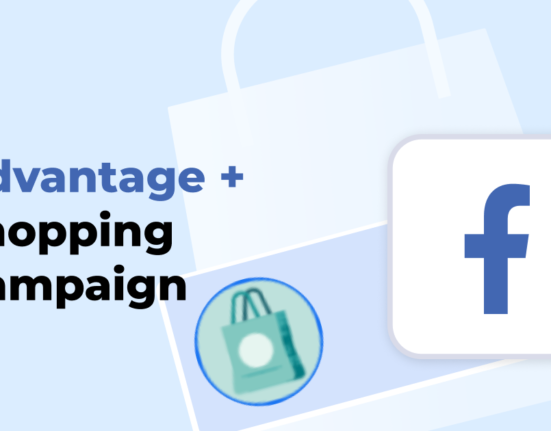In today’s rapidly evolving world, artificial intelligence (AI) plays an increasingly vital role in various industries, and healthcare is no exception. One of the most promising AI applications in healthcare is using AI-powered models like ChatGPT to assist in controlling drug prices and combatting medical misinformation. However, it’s crucial to understand what AI can and cannot do in these critical areas.
The Capabilities of AI in Healthcare
- Data Analysis and Pattern Recognition: AI models excel at sifting through vast amounts of healthcare data, identifying trends, and recognizing patterns that might be challenging for human professionals to discern. This capability can be invaluable in assessing drug pricing data and determining potential areas for cost reduction.
- Streamlining Administrative Tasks: AI can streamline administrative tasks, such as processing insurance claims and managing patient records, which can contribute to cost savings in healthcare.
- Information Retrieval: AI models like ChatGPT can provide quick access to vast amounts of medical information, aiding patients and healthcare professionals in making informed decisions.
- Education and Awareness: ChatGPT can be a valuable tool for educating the public about health-related topics, improving health literacy, and reducing medical misinformation.
The Limits of AI in Healthcare
- Ethical Considerations: AI in healthcare raises ethical concerns about privacy, data security, and decision-making algorithms. It’s crucial to establish robust ethical guidelines to ensure responsible AI use.
- Diagnostic Limitations: While AI can assist in diagnosis by analyzing medical images or data, it should differ from the expertise of trained medical professionals. AI should be seen as a supportive tool rather than a replacement.
- Complex Decision-Making: Controlling drug prices and making informed healthcare decisions involve complex, multifaceted factors that AI may not fully comprehend. Human judgment and expertise remain indispensable in these domains.
- Medical Misinformation: While AI can help combat medical misinformation by providing accurate information, it cannot eliminate the problem. The responsibility for fact-checking and disseminating reliable information still rests with humans.
- Regulatory Challenges: The use of AI in healthcare is subject to regulatory oversight to ensure safety and effectiveness. Striking the right balance between innovation and regulation is an ongoing challenge.
In controlling drug prices, AI can significantly analyze pricing data and identify potential cost-saving measures. However, it’s essential to remember that AI cannot make policy decisions or address the societal and economic factors contributing to high drug prices. Collaboration between AI technologies and policymakers is crucial for achieving meaningful change.
Similarly, in the battle against medical misinformation, AI can help by providing accurate information and identifying false claims. Still, it cannot replace the role of healthcare professionals, educators, and responsible media outlets in disseminating accurate information and debunking falsehoods.
AI, represented by models like ChatGPT, holds great promise in healthcare, including drug price control and combating medical misinformation. However, it’s essential to recognize its capabilities and limitations and use it as a tool to complement human expertise rather than as a replacement. Responsible and ethical AI implementation, in collaboration with healthcare professionals and policymakers, is the key to harnessing its potential to benefit society’s health and well-being.









Leave feedback about this